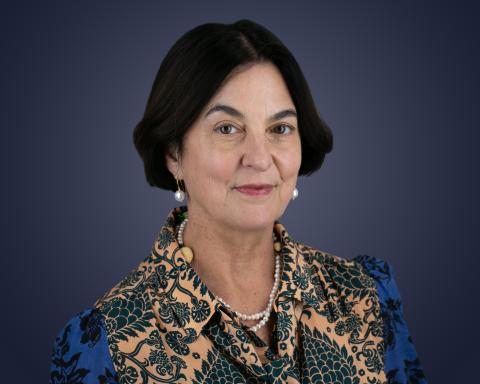“It’s true: the two brothers, Lachlan and James, have hated each other for a long time and have opposing views. They haven't spoken to each other for five years. But the dynasty is far from over,” objects Claire Enders. For the founder of Enders Analysis, the London-based media research company, and one of the best experts on the Murdoch galaxy, Lachlan Murdoch can still count on the support of a solid staff.
Even though it had to part ways with its star host, Tucker Carlson, after the Fox News scandal , the group still has robust assets, such as the "Wall Street Journal", the "Times" or the publisher HarperCollins, piloted by Australian Robert Thomson. “Lachlan doesn’t have his father’s energy and charisma. But he was the only kid who ended up getting along with him. And he rebuilt Fox News after the 'Capitol Hill' affair and the flight of advertisers,” she emphasizes.

